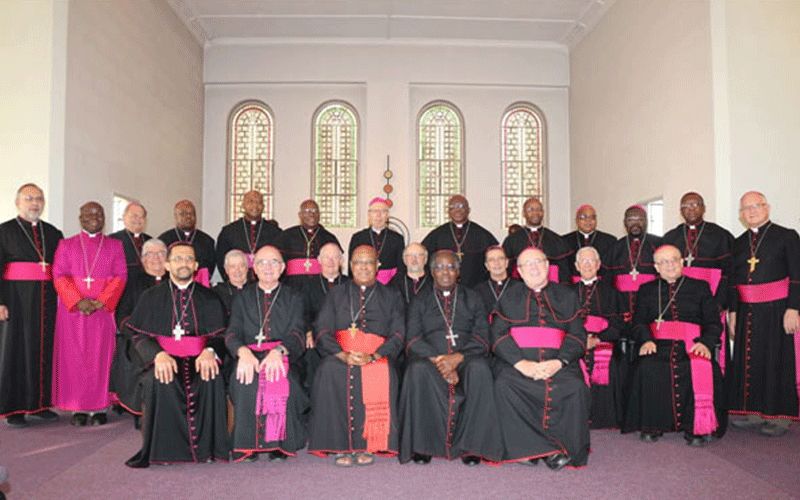On their part, the members of the Society of Jesus (Jesuits) under the Jesuit Institute South Africa have expressed their reservation about the plan to reopen places of worship, terming it “questionable” and that “the move creates yet another inequality.”
“This sudden, seemingly rushed move is questionable. Evidence of cluster spread in other parts of the world suggests that even in places of worship where strict social distancing rules were upheld there were reports of infection,” the leadership of the Jesuit Institute South Africa say in a press statement Wednesday, May 27.
The Jesuit leaders add, “The more people mix, the more there is potential for spread. Places of worship are not immune to the virus. This move seems to contradict the President’s oft repeated phrase that we must be guided by the overriding principle of doing whatever it takes to preserve life.”
They acknowledge the fact that many people have suffered the loss and pain of not being allowed to gather in their respective communities for worship and argue that doing so was seen as a way of religious communities “actively choosing to care by temporarily stopping a core practice – gathering for worship – for the common good.”
“We do not need to open churches right now to practice our faith,” the leaders of the Johannesburg-based institute emphasize and add, “Prayer, acts of kindness, reading sacred texts and service of neighbor can continue without gathering in the midst of this pandemic.”
(Story continues below)
In their considered view, by allowing places of worship to reopen, the South African government is sending “mixed signals” at a time when “a ban on friend and family visits remains in place.”
“The move creates yet another inequality at a time that has highlighted our profoundly unequal society: those who get to attend and those who don’t. How and by whom will this be decided - and monitored?” the Jesuits probe.
The decision to reopen churches, the Jesuit leaders say, “goes against the very spirit of being a community of believers to split that community.”
There is also lack of financial ability for many places of worship to provide the prescribed protective equipment and to facilitate sanitization of buildings and furniture, the Jesuits in South Africa say.
“There is a logic behind saying that if we open up businesses, churches should follow,” they say and caution, “But there is a difference between opening up for economic survival, particularly as people start to starve, and opening institutions that could function differently in these times.”
“In ethical situations where there are no good options, an ethical response should err on the side of caution. Sadly, we do not believe this does,” they say.
However, in their May 27 statement, the leadership of Jesuit Institute South Africa “wholeheartedly supports” President Ramaphosa’s call for the National Prayer Day on Pentecost Sunday, May 31.








